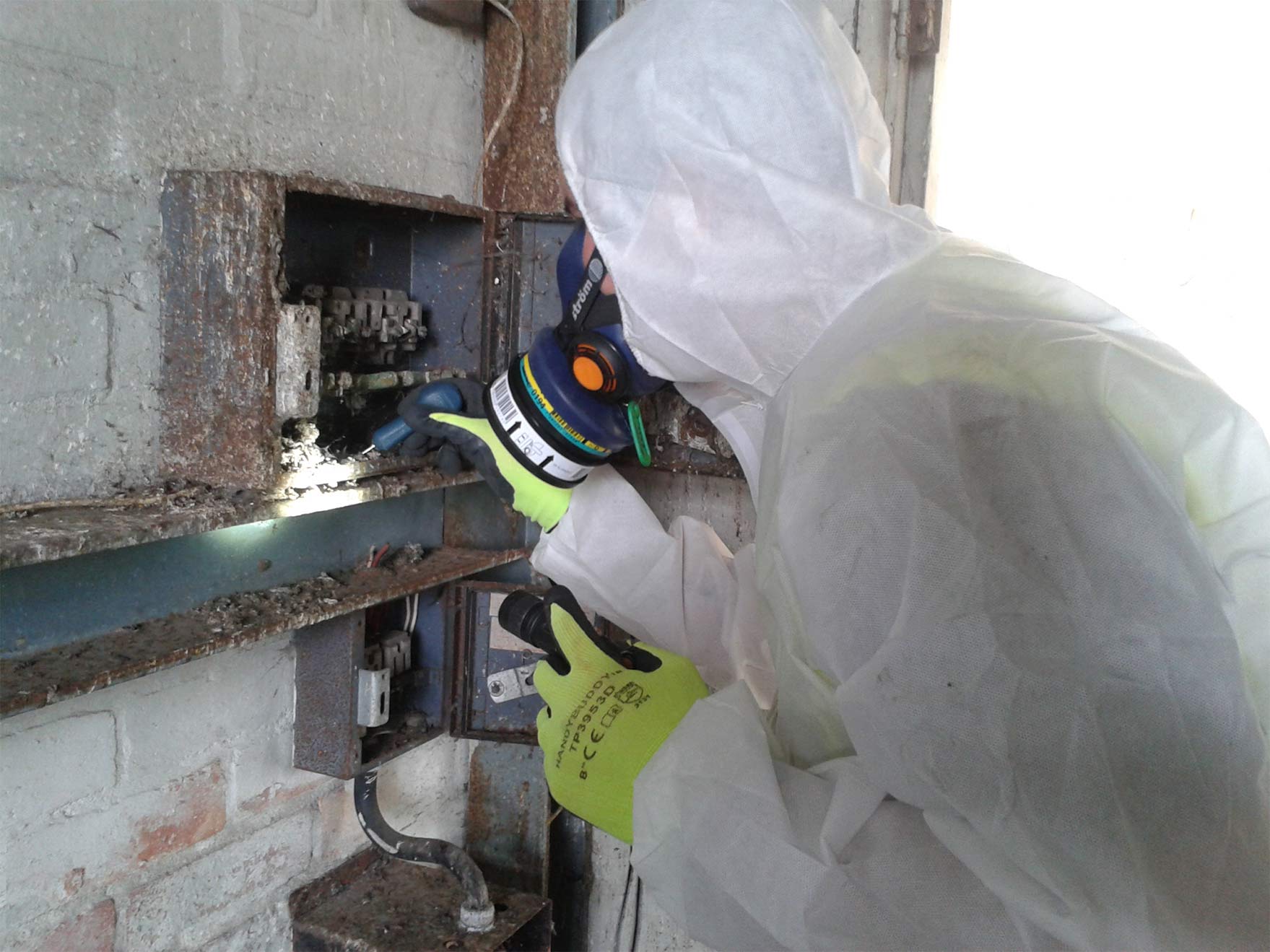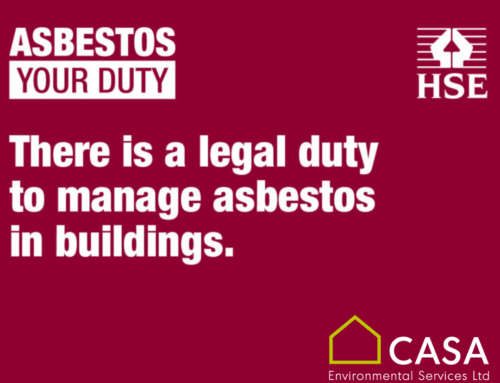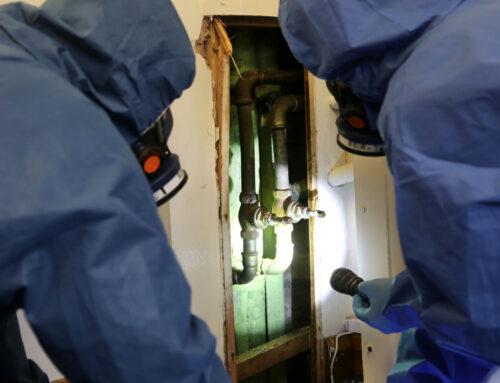Mesothelioma and Asbestos – An Overview of Mesothelioma
What is Mesothelioma?
Mesothelioma is an aggressive form of cancer that develops in the thin layer of tissue (lining) covering some of your organs. The disease is largely associated with asbestos exposure and primarily affects the lining of the lungs, but can also affect your abdomen, heart and testicles.
Around 2,500 – 3,000 people are diagnosed with the deadly condition every year in the UK, the vast majority of which are men.
Asbestos and Mesothelioma
Asbestos is a fibrous material that was extensively used in the construction of buildings in the UK. The naturally occurring mineral was favoured by manufacturing businesses for its strong insulation properties and was used in the production of roofing materials, ceiling tiles, pipes, boilers and plenty of other products.
In 1999, however, the use of asbestos was banned in the UK when research discovered it was responsible for a range of lung related diseases amongst people who had worked with the substance.
The microscopic fibres cannot be seen by the eye, nor can they be smelled or tasted. They can though be inhaled through the nose or mouth and become trapped inside your body, causing serious health problems (such as mesothelioma) later on in life.
Who’s at Risk of Developing Mesothelioma?
Asbestos can still be found in any building either built or refurbished before 1999, meaning that although it’s been banned for 20 years, it’s still affecting people today. The UK is thought to have one of the highest rates of mesothelioma in the world, most probably due to the fact that asbestos usage wasn’t banned by the UK government until long after other countries did.
Those who work or have worked in the plumbing, carpentry and other trade industries are likely to have been exposed to the material and therefore be at an increased risk of developing mesothelioma.
People who worked in the shipbuilding industry or served aboard one are at a particularly high risk as well due to the fact that asbestos was used so much in the construction of older ships.
Find out more about asbestos and ships >
Different Types of Mesothelioma
There are 4 main types of mesothelioma –
- Pleural Mesothelioma (lungs) – 80% of all cases.
- Peritoneal Mesothelioma (abdomen) – 10-20% of all cases.
- Pericardial Mesothelioma (heart) – 1% of all cases
- Testicular Mesothelioma (testicular) – Less than 1% of all cases.
Mesothelioma Symptoms
The signs and symptoms of mesothelioma will vary depending on where the cancer occurs and are unlikely to become prevalent until 20 – 60 years after the initial exposure. Below are some common signs for each type, but if you have any persistent or particularly unusual symptoms, make sure to contact your GP and inform them of any exposure to asbestos you may have had in the past.
Pleural mesothelioma symptoms include:
- Chest pain
- Persistent and painful coughing
- Shortness of breath
- Fatigue
- High temperature
- Unusual lumps of tissue under the skin on your chest
- Unexplained weight loss or loss of appetite
Peritoneal mesothelioma symptoms include:
- Pain or swelling in the abdomen
- Nausea
- Unexplained weight loss
- Diarrhoea or constipation
Pericardial and testicular mesothelioma are very rare, and thus symptoms are unclear and indistinguishable. However, typical signs include breathing difficulty and swelling/mass on a testicle respectively.
Mesothelioma Prognosis
A variety of tests may need to be carried out by a trained specialist if your GP believes you have mesothelioma. These tests can help diagnose the condition, as well as understand how far it has spread.
- An X-ray of your chest (short procedure to view images of the inside of your body)
- A CT scan (multiple X-rays are performed to produce detailed images of the inside of the body)
- Fluid drainage (sometimes there’s a build-up of fluid around the lungs, so a sample will need to be obtained and analysed)
- A laparoscopy (a long, thin, fibre-optic camera is inserted into your body through an incision to examine the inside of your chest – a tissue sample might need to be removed in order to be analysed)
Mesothelioma Treatment
Your health as well as the stage and location of your cancer will affect the type of treatment you undergo. Mesothelioma is an aggressive disease and as it’s usually diagnosed at an advanced stage, complete cures aren’t normally possible. Instead, the treatment focuses on controlling the cancer and its symptoms, making you feel comfortable and extending your life for as long as possible (palliative care).
Possible treatments include:
- Surgery – An operation to remove the cancerous area (removing the affected lung, for example) can be performed if the condition is detected at a very early stage.
- Chemotherapy – This is the most common form of treatment for mesothelioma and uses chemicals to shrink/slow the growth of cancer cells. It might also be used after surgery to reduce the likelihood of the cancer returning.
- Radiotherapy – High-energy radiation is used to kill cancer cells.
- You might also be prescribed strong painkillers to relieve chest pain, or receive other treatments to help manage your individual symptoms and keep you comfortable.
Mesothelioma Life Expectancy
Long-term survival for those with mesothelioma is extremely rare. This is because the symptoms don’t develop until late on and the condition usually progresses quite quickly once it reaches this stage – 50% of those with the disease are expected to live at least a year after diagnosis, and 10% are expected to live more than 5 years.
Asbestos Surveys and Management Plans
Exposure to asbestos can be life-threatening, so it’s absolutely essential that you ensure your property is managing the risks appropriately. Here at Casa Environmental Services, we specialise in providing UKAS accredited asbestos surveying and analytical services to buildings across the UK.
We have all the knowledge, equipment and experience needed to not only identify asbestos, but also safely manage it. View our services >
Please don’t hesitate to contact a member of our team today to find out more about what we can provide or get a quote.
See more: Asbestos in Homes – A Homeowner’s Guide to Asbestos and What to Do
See more: Asbestos Awareness Training – Everything You Need to Know




